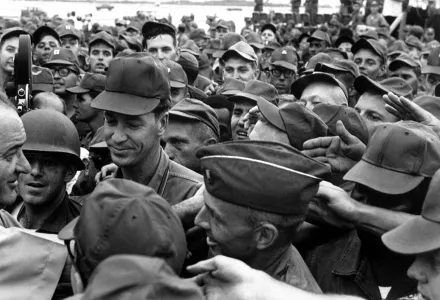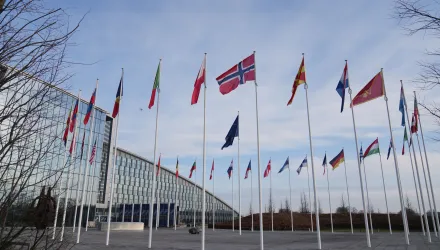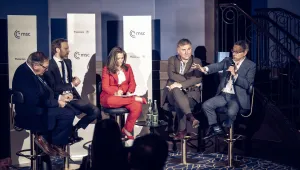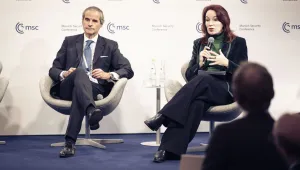Speaker: Jacqueline L. Hazelton, Assistant Professor, Department of Strategy and Policy, U.S. Naval War College
What beliefs influence liberal great power policymakers to back a government threatened by an insurgency? Why do great powers continue seeking insurgent defeat when costs rise? This seminar identifies a core belief about national and international security in the literature on pacification from the post–World War II era to the current period of liberal interventionism. It analyzes how this belief distorts analyses of past interventions and shapes policymakers' intervention choices.
The belief at issue is that long-term domestic political stability and international security require the spread of liberal democracy. This belief has three important implications for research on counterinsurgency and policy prescription. First, the belief that pacification requires liberalizing, democratizing reforms leads analysts to overstate the level of reforms implemented in successful counterinsurgency campaigns. Second, this distortion of the historical record encourages policymakers to set unrealistically ambitious political objectives for interventions to support a counterinsurgent client. Third, belief in the teleological development of political systems towards the ideal type of the modern, centralized, democratic state means policymakers assume that their values are universal, that the political actors within the target state share their goals, and if they do not, they can be persuaded to do so. Empirically, however, the degree of political change necessary for pacification success is quite low and non-democratic states can also behave as responsible international stakeholders. Setting unreachable political objectives raises the human, ethical, temporal, and material costs for all actors in these military interventions, including civilians.
Textual analysis identifies this core belief in research on the most-referenced historical and contemporary cases of counterinsurgency, including Malaya, Vietnam, Iraq, and Afghanistan, and traces its policy influence role in public and private statements and discussions about the campaigns.
Please join us! Coffee and tea provided. Everyone is welcome, but admittance will be on a first come–first served basis.




